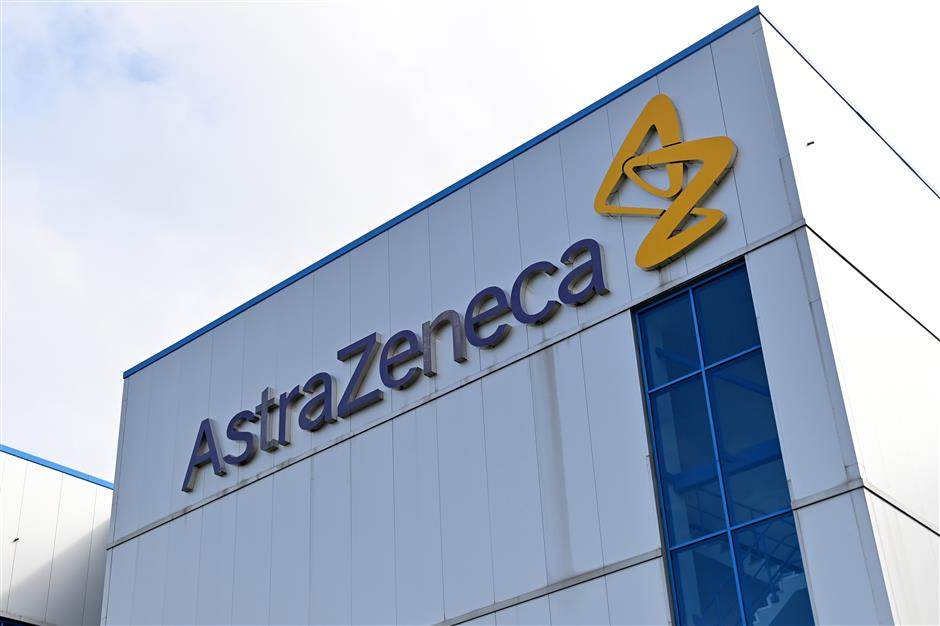COVID-19 vaccine trial paused after unexplained illness

In this file photo taken on July 21, a general view of the offices of British-Swedish multinational pharmaceutical and biopharmaceutical company AstraZeneca PLC is pictured in Macclesfield, Cheshire.
Clinical trials of one of the most advanced experimental COVID-19 vaccines, which is being developed by pharmaceutical company AstraZeneca and Oxford University, were "paused" on Tuesday after a volunteer developed an unexplained illness.
With billions of people around the world still suffering from the fallout of the pandemic and the global death toll nearing 900,000, a worldwide race for a vaccine is underway, with nine companies already in late-stage Phase 3 trials.
Worldwide infections to date now stand at more than 27 million, and more than 890,000 people have died from the disease.
Russia has already approved a vaccine, and research published in The Lancet medical journal last week said patients involved in early tests developed antibodies with "no serious adverse events." But scientists cautioned the trials were too small.
A spokesperson for the AstraZeneca vaccine said in a statement on Tuesday that "we voluntarily paused vaccination to allow review of safety data by an independent committee.
"This is a routine action which has to happen whenever there is a potentially unexplained illness in one of the trials, while it is investigated, ensuring we maintain the integrity of the trials."
The company said that in large trials, illnesses will sometimes happen by chance but must be reviewed independently.
AstraZeneca didn't offer further details, but medical news site Stat News, which first reported the volunteer's illness, quoted a source saying it had involved a "serious adverse reaction" to the vaccine.
"While this is obviously not great news, remember that fully investigating adverse reactions is a part of large scale trials and essential to ensure trust in any vaccine. It will however mean that results will be delayed," Harvard epidemiology expert Bill Hanage wrote on Twitter.
According to Stat News, the ill vaccine volunteer was likely participating in a Phase 2/3 trial based in the United Kingdom.

















